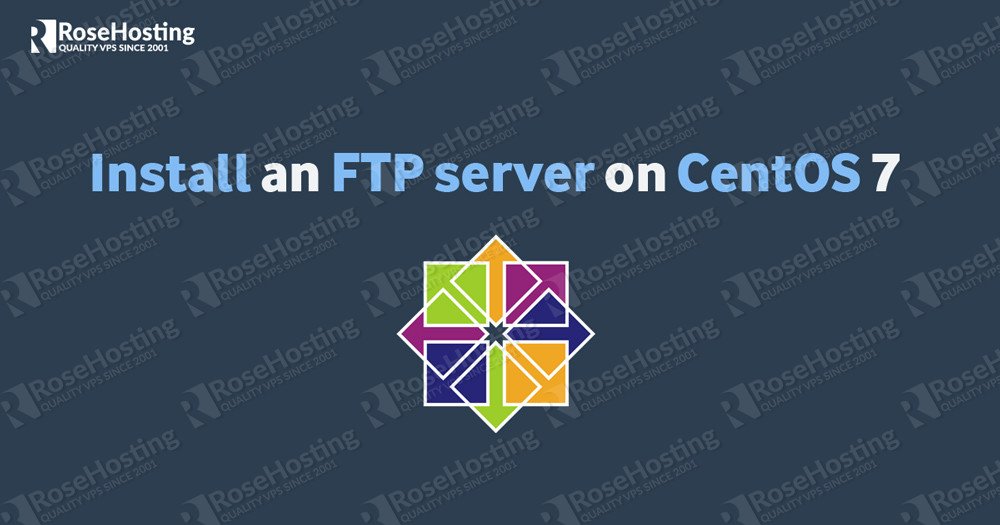In this tutorial we are going to show you how to install an FTP server on CentOS 7 as an operating system.
Table of Contents
1. Connect via SSH and update all system packages
First of all, connect to your server via SSH and make sure that all the system software is up to date. To update the software installed on your server you can use the command:
sudo yum -y update
2. Enable the EPEL repository
The next thing you need to do is to enable the EPEL repository. It is a repository that allows you to install a lot of open source packages on your server using the yum package manager. One of them is ProFTPD. ProFTPD is highly configurable GPL-licensed FTP server software. It is simple, secure, easy to configure and provides features like permission-based directory visibility, support for multiple ‘virtual’ FTP servers, anonymous FTP etc. We will use ProFTPD in this tutorial.
sudo wget https://dl.fedoraproject.org/pub/epel/7/x86_64/Packages/e/epel-release-7-11.noarch.rpm sudo rpm -ivh epel-release-7-11.noarch.rpm
Check if the repo is enabled on your system:
sudo yum repolist | grep epel
If you get something like the following, you are good to go:
sudo yum repolist | grep epel *epel/x86_64 Extra Packages for Enterprise Linux 7 - x86_64 10,133
3. Install the required packages
Next, go ahead and install the required packages using the command below:
sudo yum install proftpd proftpd-utils
4. Start the ProFTPD service
Start the ProFTPD service and enable it on system boot by using the following commands:
sudo systemctl start proftpd sudo systemctl enable proftpd
5. Verify ProFTPD installation on CentOS
At this point you are ready to use the ProFTPD service on your CentOS VPS. To upload or download files, you can use your favorite FTP client. As username and password you can use any system user that exists on your server. Alternatively, you can access your FTP server using a web browser. Open your favorite web browser and enter the following:
ftp://111.111.111.111
For demonstrative purposes we used 111.111.111.111. You should either use your server IP address or a domain name which points to your server IP address.
If you like to take full advantage of the ProFTPD’s functionality, you can tweak the default settings. The default configuration file of the service is /etc/proftpd.conf. The configuration file has Apache-like syntax and description for all the settings. To learn more you can visit http://www.proftpd.org/docs/ where you can find the official project documentation.
6. Restart Service
Once you make changes you need to restart the service so the changes can take effect. To restart the service you can use the following command:
sudo systemctl restart proftpd
7. Check the log files
ProFTPD logs many activities so if you like to investigate or debug some problem, you can check the log files which are stored in the /var/log/proftpd/ directory. Also, if you experience problems with the service, you an use the following command to get more details:
sudo systemctl status proftpd
Of course you don’t have to install an FTP server on CentOS 7 if you use one of our CentOS hosting services, in which case you can simply ask our expert Linux admins to install an FTP server on CentOS 7 for you. They are available 24×7 and will take care of your request immediately.
PS. If you liked this post on how to install an FTP server on CentOS 7, please share it with your friends on the social networks using the buttons on the left or simply leave a reply below. Thanks.

It seems the EPEL link is broken, alternatively you can install it via:
sudo yum install epel-release
Yes, it can be installed using: yum install epel-release
We updated the link in the tutorial. Thanks.